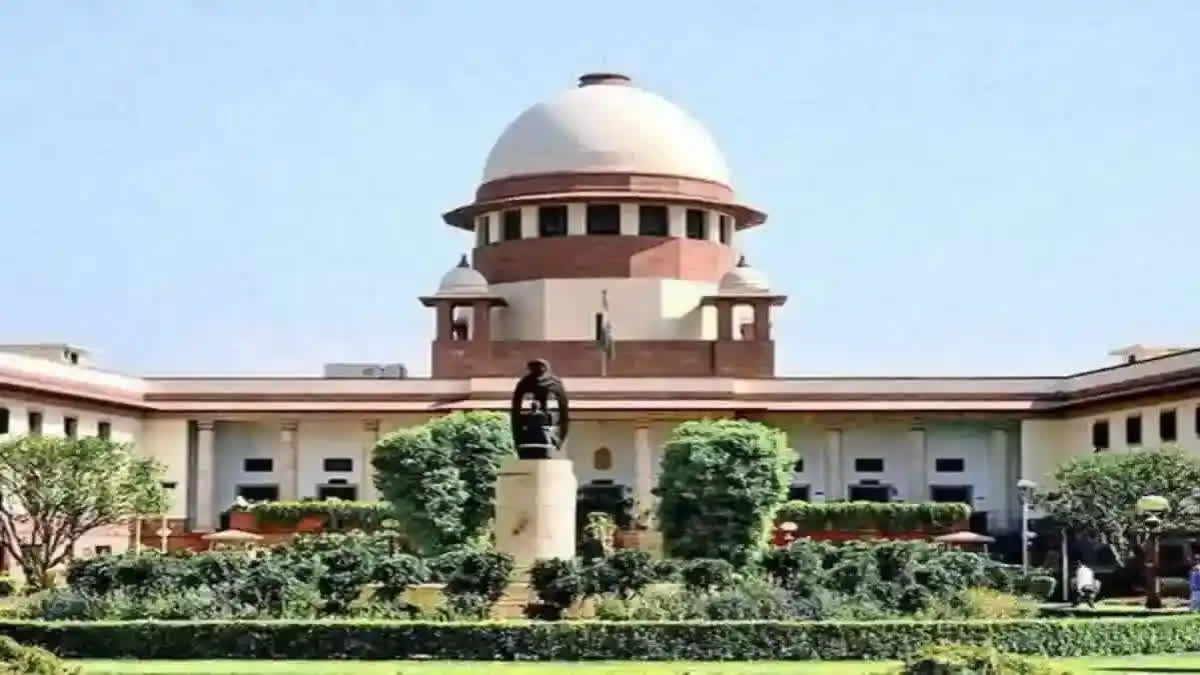New Delhi: The Supreme Court on Friday agreed to examine a plea raising a contention with the specification ‘life sentence’ and sought to know whether it would mean the entire life or can be commuted or remitted by powers under Section 432 of the Code of Criminal Procedure (CrPC), which deals with power to suspend or remit sentences.
The plea has been filed by one Chandrakant Jha, who is serving a life term after being convicted in three murder cases in which bodies were found outside Tihar jail in the capital in 2006 and 2007, through advocate Rishi Malhotra. A bench of justices Hrishikesh Roy and Prashant Kumar Mishra issued notice to the Delhi government after hearing submissions from Malhotra. Jha’s counsel contended that his client has been convicted for the offences under Sections 302 (murder) and 201 (causing disappearance of evidence of offence) of the Indian Penal Code.
The plea submitted that Section 302 of IPC expressly mentioned two punishments -- one is the punishment of death and the second is imprisonment for life--and it does not mention any other punishment. The plea said if imprisonment for life is construed as natural life, then it violates the fundamental right of a convicted person.
The plea contended that the Delhi High Court had commuted the death sentence awarded to Jha by a trial court and converted it to life imprisonment, but with a rider that the sentence of life imprisonment would mean the full term of life of the petitioner. The plea said that the imposition of imprisonment till natural life for the offence of murder was unconstitutional for the reason that it completely snatches the chance of reformation of an individual and violates remission policy and rules prescribed by state governments.
Read More



